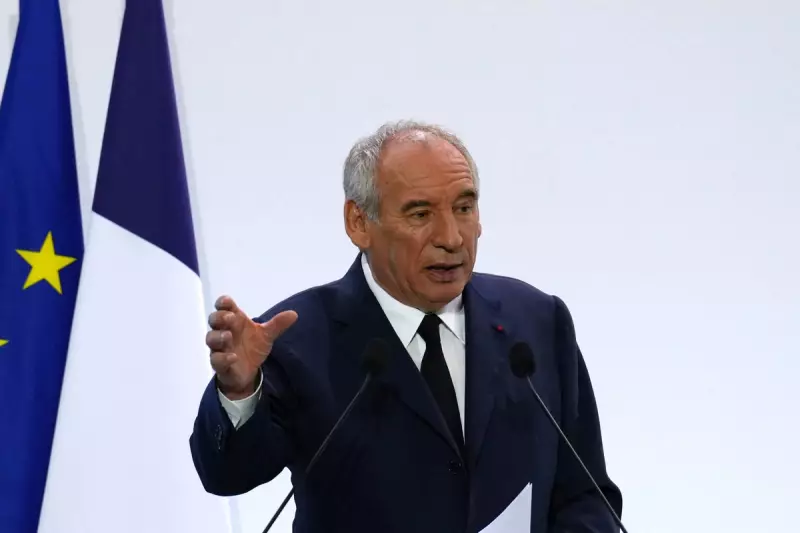
French Prime Minister Élisabeth Borne has narrowly clung to power after surviving a blistering no-confidence vote in the National Assembly, a move triggered by her government's highly controversial decision to bypass parliament on a flagship pension reform bill.
The motion, brought by a small centrist party, LIOT, fell short of the absolute majority required to topple the government, securing just 278 votes out of the 287 needed. The result, however, exposes the profound fragility of President Emmanuel Macron's centrist alliance and signals a period of intense political instability.
Constitutional Gambit Sparks Fury
The crisis erupted last week when Prime Minister Borne invoked Article 49.3 of the French constitution, a special executive power allowing the government to force through the pension bill without a parliamentary vote. The legislation, which raises the retirement age from 62 to 64, is deeply unpopular with the French public and has sparked massive protests and strikes across the country.
The use of the controversial clause was seen as a desperate move after the government realised it might not secure enough votes to pass the bill through the normal legislative process, particularly given a lack of support from conservative Republicans.
A Government Living on Borrowed Time?
While the government survived, the close call is a severe blow to its authority. With no absolute majority in the lower house, every future piece of legislation becomes a potential battle ground. The opposition has vowed to bring down the government at every opportunity.
"The vote on this motion of no confidence shows that we are a minority in the National Assembly. We have to take that into account," a sombre Prime Minister Borne conceded after the result. The outcome leaves President Macron's second-term agenda in serious jeopardy and raises questions about his ability to govern effectively for the remainder of his mandate.
Nationwide Anger and Ongoing Strikes
The political drama in Paris is set against a backdrop of widespread social unrest. For weeks, France has been paralysed by rolling strikes affecting transport, energy, and sanitation sectors. Spontaneous demonstrations have flared up in cities across the country since the use of Article 49.3, with protesters clashing with police.
Unions have called for fresh strikes and demonstrations, demanding the government withdraw the pension bill entirely. The political victory in the Assembly does little to quell the anger on the streets, suggesting the domestic crisis for Macron and Borne is far from over.





